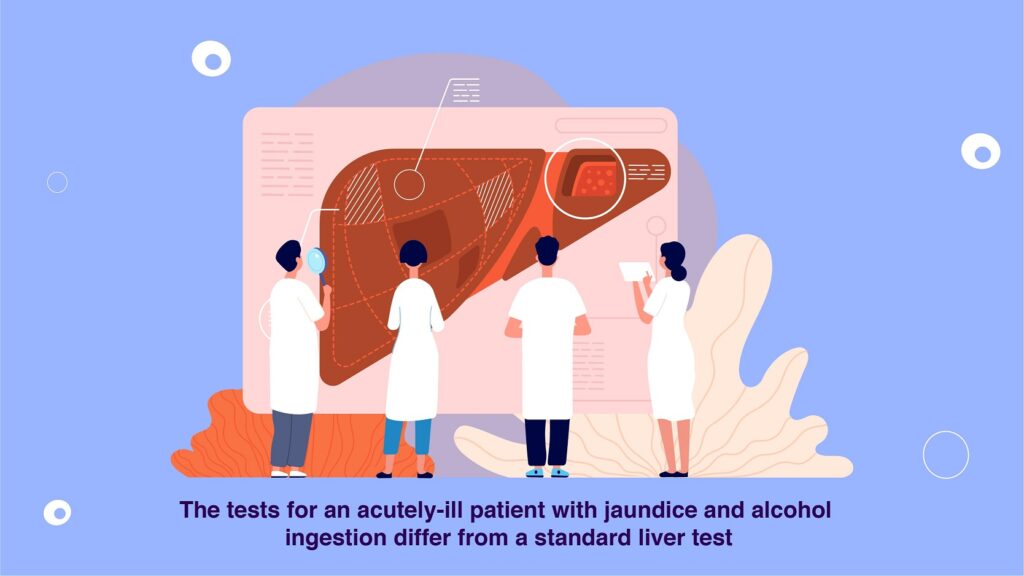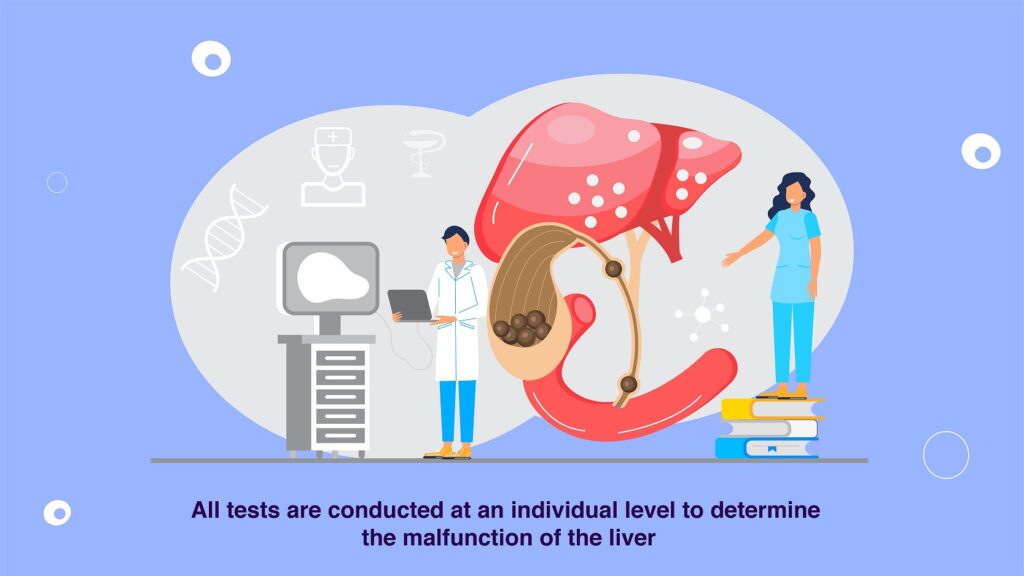Approach to patients with liver disease
There are many reasons why a liver gets damaged. To ascertain the exact causes, a bundle of screenings and tests are conducted. Protein and enzyme content in the bloodstream are calculated to understand how the doctor can outline treatment.
Avigna Diagnostics is a dedicated lab that does common liver screen tests for patients in South India through its clinics. The technicians do the screening for normal functions like clearing the bilirubin and production of protein. They are trained to check for responses to any malfunction or outbreak of disease.
Here is how we approach patients’ concerns and provide ideal results to recover as the best diagnostic centre for liver tests. The tests for an acutely-ill patient with jaundice and alcohol ingestion differ from a standard liver test. You will also get enlightened by the important facts about the liver; taking good care will then become natural.
Why do doctors prescribe liver tests?
A sequence of common liver screen tests is done for detecting:
- Hepatitis B, a liver infection
- Monitoring an inherent disease like alcoholic hepatitis
- Liver scarring or cirrhosis
- Side effects of medication
- Genetic diseases like hemochromatosis
- Iron overload
- Abnormalities in common tests for a liver disorder
Liver diseases are divided into three categories:
- Hepatocellular
- Cholestatic
- Infiltrative
When it is determined in which category a patient falls, a physical examination and history are checked. It helps to diagnose the problem and start the treatment.
What do the tests reveal about important facts about liver function?
The level of enzymes or protein indicates problems with its normal functioning.
A bundle of tests involve
- Alanine transaminase (ALT)
- Aspartate transaminase (AST)
- Alkaline phosphatase (ALP)
- Albumin and total protein
- Bilirubin
- Gamma-glutamyltransferase (GGT) (specific to the liver)
- L-lactate dehydrogenase (LD)
- Prothrombin time (PT)
Abnormalities for non-hepatitis
| Test | Non-hepatic Source |
| Bilirubin | Red blood cells (e.g., hemolysis, intra-abdominal bleed, hematoma) |
| AST | Skeletal muscle, cardiac muscle, red blood cells |
| ALT | Skeletal muscle, cardiac muscle, kidneys |
| LDH | Heart, red blood cells (e.g., hemolysis) |
| Alkaline phosphatase | Bone, first-trimester placenta, kidneys, intestines |
All tests are conducted at an individual level to determine the malfunction of the liver.
Important facts about the liver
- It is the largest glandular organ in the human body. It performs over 200 functions for our well-being. Keeping it in good order is our responsibility. It is the area where the body stores fat, iron, and essential nutrients. If the fat content increases by 10%, a person can get type 2 diabetes.
- The liver also functions as a detoxifier, largely removing drugs and alcohol from the body. One of the most critical roles is the production of blood from the day we are born.
- A liver can also regenerate and can be transplanted. If one half is donated, the other half can regenerate itself!
Avigna Diagnostics conducts the above tests for patients who come for consultation and other procedures. The tests enable us to distinguish between acute and chronic liver disorders for proper treatment. Here’s hoping your liver stays healthy all your life.
Related Keywords:
Common Tests, Diagnose, Liver, Liver Can, Liver Scarring, Liver Screen, Screen Tests, Screenings and Tests, Tests for Patients











Comments by admin